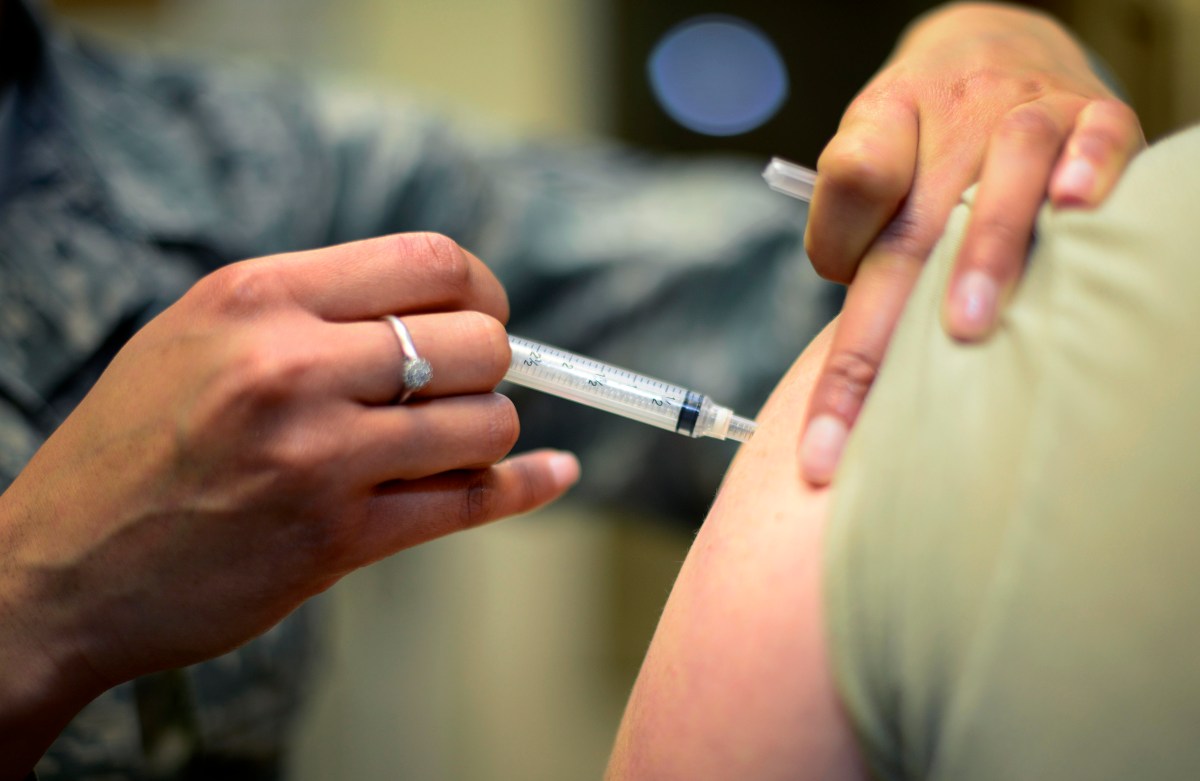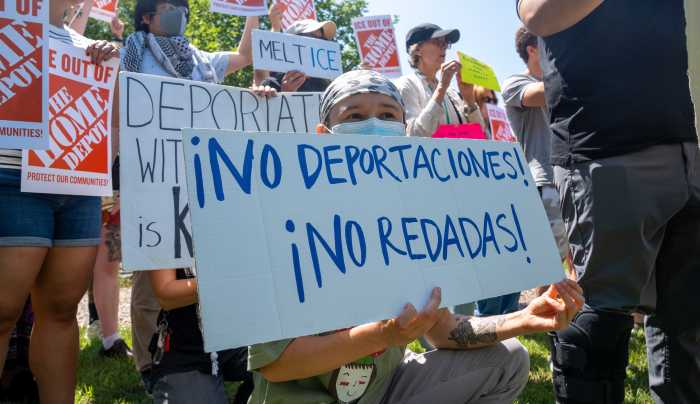Pediatricians across New York State are growing increasingly concerned about the spread of misinformation and fear regarding vaccination against cancer-causing strains of human papillomavirus (HPV).
A proposed bill in the state Legislature would require HPV vaccination for children attending middle school. Though there has been significant uproar about this bill raised at local school board meetings and across social media, this bill is not new and has been proposed annually for several years. Like thousands of other bills in the legislature, the proposal has never been actively deliberated.
The very existence of the bill, however, has been seized upon by the anti-vaccine community who have spread a tremendous amount of false information and needless apprehension about the vaccine and about the likelihood of this bill being considered by the state Legislature. Their ultimate intention is likely to nurture opposition to existing vaccine laws that keep our children safe and to gain allies for their position against the law that disallowed religious exemptions to vaccination.
Passed last June in the context of the worst measles epidemic in a quarter century, the law allows only legitimate medical exemptions to school vaccination requirements. That measure was supported by more than 25 major medical and public health organizations. A Quinnipiac poll last year found 87 percent of New Yorkers were in favor of the law, which allows children and teachers with conditions like cancer to attend school without fear of contracting a potentially fatal disease from an unvaccinated classmate.
HPV vaccination is safe and effective. HPV is the most common STD in the U.S. and in the world. Each year about 34,000 HPV associated cancers occur in both women and men.
The HPV vaccine prevents 90 percent of these cancers including cervical, oropharyngeal, anal, vulvar, vaginal, and penile cancers. Pediatricians recommend that the two-dose series be completed by age 13 as the vaccine has a better antibody response in this age group. Contrary to what parents might read on the internet, side effects are mild and pale in comparison to treatment for the types of cancer prevented by immunization.
We believe that the decision to vaccinate against HPV should be made after discussion with your child’s pediatrician. As the virus is not transmissible in the school setting we don’t necessarily believe it needs to be a mandated requirement for school attendance. However, we very strongly recommend that parents vaccinate their children against HPV to protect their future health.
We encourage parents to get their information regarding vaccination from pediatricians and from well-vetted sources such as the U.S. Centers for Disease Control and the American Academy of Pediatrics.
Dr. Eve Krief MD, is the Legislative Advocacy Chair for NY Chapter 2 of the American Academy of Pediatrics. Dr. Shetal Shah, FAAP is President of NY Chapter 2 of the American Academy of Pediatrics.


































